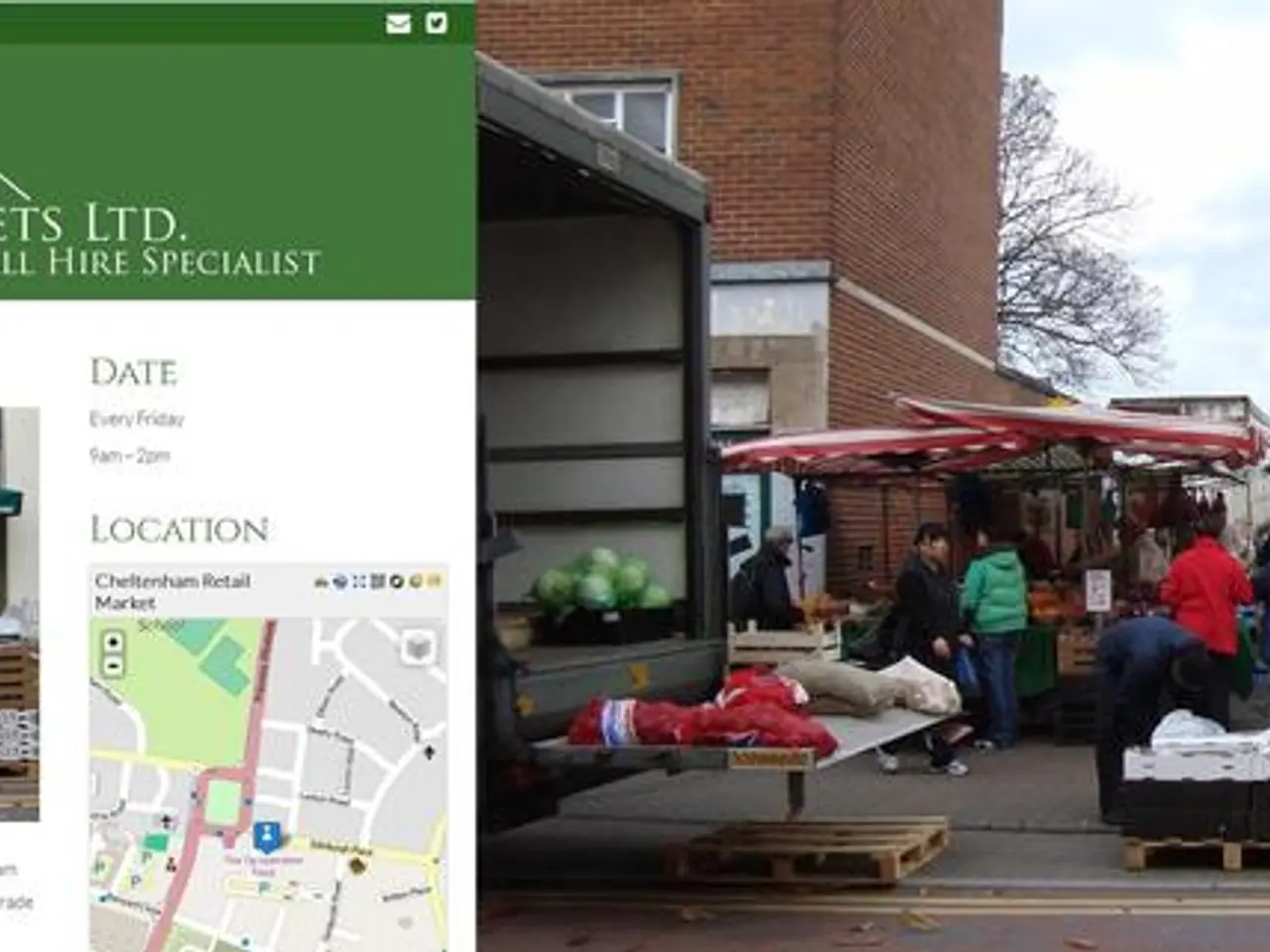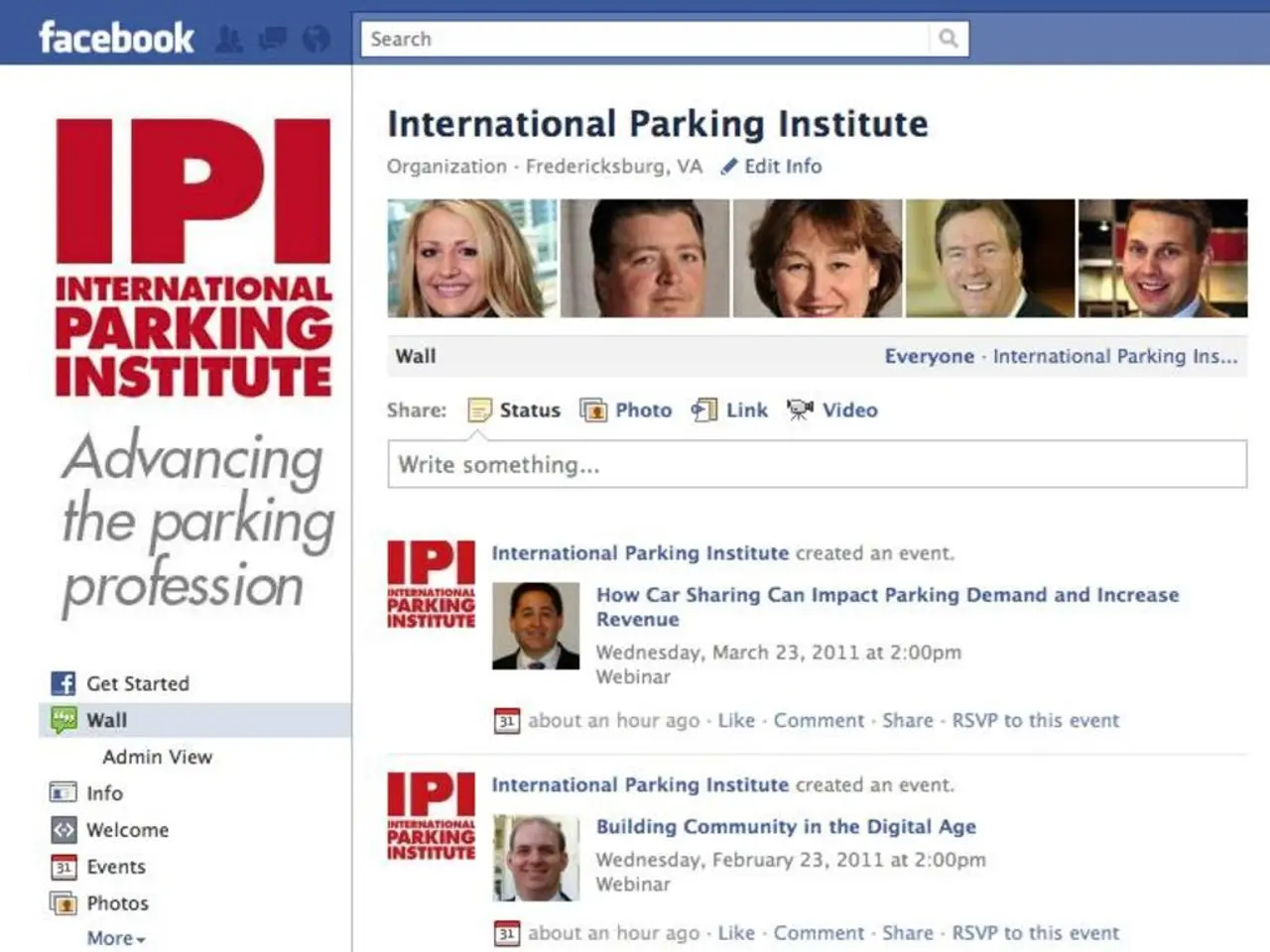Consumer confidence sank to a five-year-low in April.
Headline: Consumer Anxiety Skyrockets in May 2025, signaling Economic Concerns
Let's dive into the latest economic news! The 'Claman Countdown' crew, composed of Gary Kaltbaum and Jeff Sica, analyzed retail stock performance and consumer sentiment in May 2025.
Consumer confidence took a nose dive to its lowest point in nearly five years, triggering economic unease. The Conference Board shared this not-so-cheerful news on May 10th, stating that their consumer confidence index dropped 7.9 points to 86 - a reading not seen since May 2020. Economists had predicted a less drastic decline.
The Expectations Index plummeted 12.5 points to 54.4, reaching the lowest level since October 2021. This index is typically closely tied to business conditions, employment prospects, and future income. The Present Situation Index, meanwhile, fairly held steady, dipping by 0.9 points, to 133.5.
So, what's got everyone so worried? According to Stephanie Guichard, a senior economist at The Conference Board, it's all about the future. "The decline was largely driven by consumers' expectations," Guichard said. "The three expectation components - business conditions, employment prospects, and future income - all deteriorated sharply, reflecting pervasive pessimism about the future."
Adding to the gloomy outlook, the share of consumers expecting fewer jobs in the next six months reached 32.1%, nearly equaling levels observed during the 2009 Great Recession.
On the flip side, inflation expectations shot up to a whopping 7% in May 2025 – the highest since November 2022. This surge in expectations likely stems from concerns about prices and economic disruption resulting from tariffs.
Given these dismal figures, it's no surprise that the perceived likelihood of a U.S. recession in the next 12 months has soared to 72%, up from around 65% in December and January.
The consumer confidence report was released just before the government publishes their report on economic growth, expected to show weak growth in Q1 2025, due to businesses ramping up imports to outrun tariff costs. Economists anticipate a 0.3% annualized rate of growth, the weakest since Q2 2022.
As the risks tilt to the downside, let's keep an eye on that economy! With tariff fears, high inflation, and widespread pessimism, recovery might take a bit longer than we hoped.
Special thanks to Reuters for their contributions to this report.
- The decline in consumer confidence in May 2025, as shown by The Conference Board, weighed heavily on the outlook for the economy.
- The surge in inflation expectations to 7% in May 2025, contributed to the finance and business sectors' concerns about the economy's future.
- The rise in the perceived likelihood of a U.S. recession in the next 12 months, according to the consumer confidence report, showed that confidence in the economy is decreasing.
- The ongoing economic concerns, such as tariffs, high inflation, and pessimism about business conditions, employment prospects, and future income, could potentially lead to a recession, as reflected in the economy's weak growth rates.





